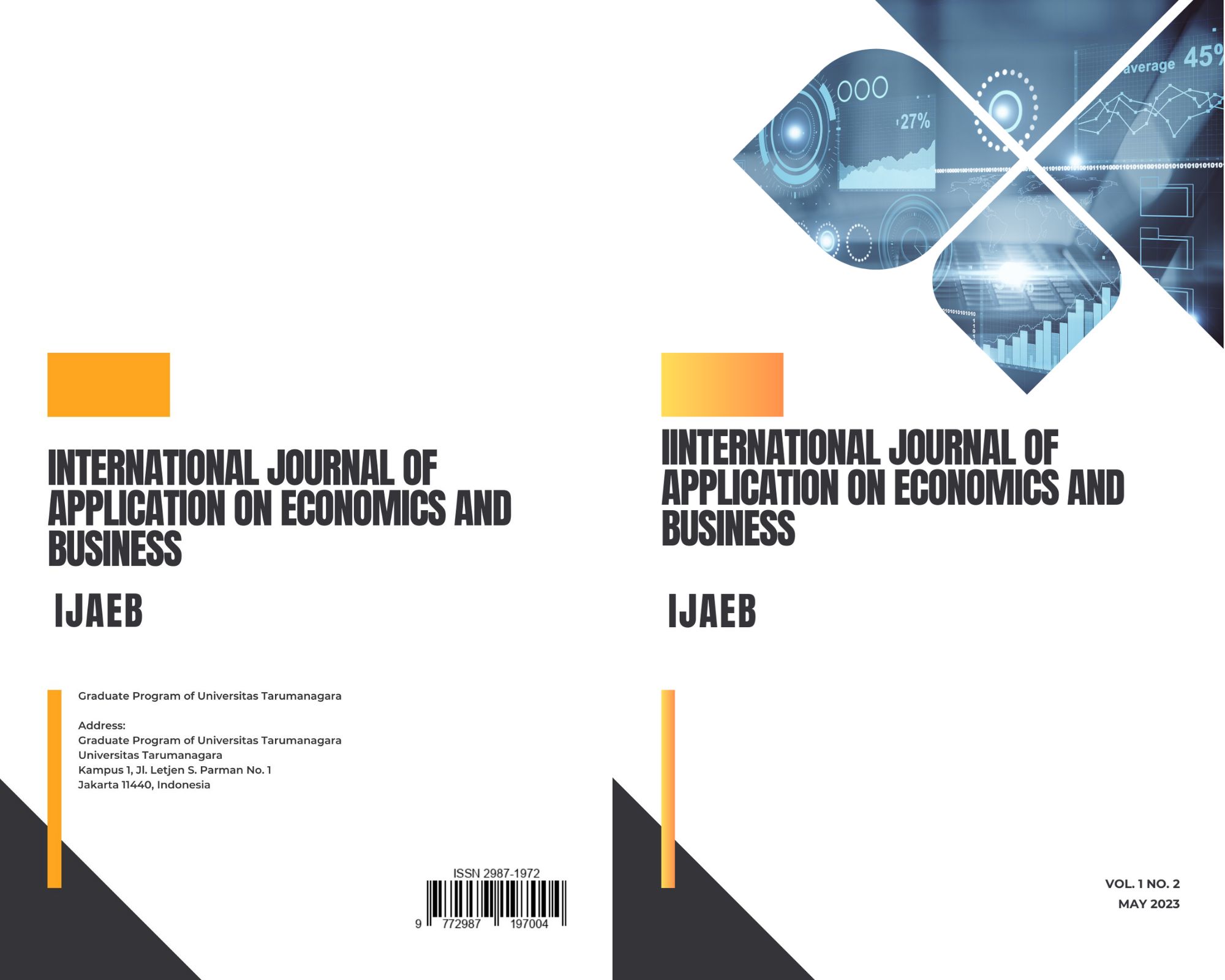WISDOM APPRECIATION IN SUSTAINABLE MANAGEMENT THOUGHT: AS GROUNDED THEORY
Main Article Content
Abstract
Along with human civilization, the function of business management has changed. Adaptation is carried out as a form of wisdom in understanding social and environmental issues for becoming a new pillar in building business management sustainability. The qualitative study with a grounded theory approach is carried out to appreciate the thought of wisdom in developing management philosophy and using desk study to analyze data from scientific publications. The result proves that the existence of business management has evolved over the past 100 years from classical, neo-classical, and modern management, even in the era of sustainability. Starting from the industrial revolution 1.0 with the achievement of production efficiency up to 4.0 with speeding of information technology. Although different challenges in each era, the management goal remains the same to manage limited resources in order to meet the various desires of a changing world. Aligning with environmental issues, harmony among social responsibility, and economic growth is needed as the foundation of management philosophy so that a sense of wisdom characterizes the sustainability of current and future business goals. This study serves as a grounded theory to trace the essence of wisdom along the course of classical to modern management thinking that is synergized with sustainable development.
Article Details
Section

This work is licensed under a Creative Commons Attribution-NonCommercial-ShareAlike 4.0 International License.
This journal provides immediate open access to its content on the principle that making research freely available to the public supports a greater global exchange of knowledge.
IJAEB by Graduate Program of Universitas Tarumanagara is licensed under a Creative Commons Attribution-NonCommercial-ShareAlike 4.0 International License.. Permissions beyond the scope of this license may be available at https://journal.untar.ac.id/index.php/ijaeb
References
A. K. Ekmekçi, S. B. S. Teraman and P. Acar. “Wisdom and Management: A Conceptual Study on Wisdom Management,” Procedia-Social and Behavioral Sciences, 150, 2014, 1199–1204
V. Blok. “Ecological Management: A Research Agenda,” Philosophy of Management, 2021, 1-4. https://doi.org/10.1007/s40926-021-00167-[3] D. A. Wren and A. G. Bedeian. “The Evolution of Management Thought,” Edition 6th, 2009, John Wiley and Sons, Inc. USA.
E. H. Kessler. “Encyclopedia Management Theory,” Vol. 1, 2013, Sage Publication, Inc.
M. I. Taba. https://text-id.123dok.com/document/zpd0r87z-evolusi-teori-manajemen-dalam-dunia- yang.html
N. M. Suci. “The Evolution of Management Thought,” Prospek: Jurnal Manajemen dan Bisnis, 1(1), 2019, 7-15.
UNEP. “Towards A Green Economy Pathways to Sustainable Development and Poverty Eradiction: A Synthesis for Policy Makers,” (A. Steiner, Ed.), 2011. United Nations
T. Lahti, J. Wincent and V. Parida. “A Definition and Theoretical Review of the Circular Economy, Value Creation, and Sustainable Business Models: Where are We Now and Where Should Research Move in the Future?,” Sustainability, 10(2799), 2018, 1–19. Doi: 10.3390/su10082799.
I. Pla-Julián and S. Guevara. “Is Circular Economy the Key to Transitioning towards Sustainable Development? Challenges from the Perspective of Care Ethics, Futures,” Elsevier Ltd, 105, 2019, 67–77. Doi: 10.1016/j.futures.2018.09.001.
S. Keraf. “Fritjof Capra tentang Melek Ekologi Menuju Masyarakat Berkelanjutan,” Diskursus, Vol. 12 (1), 2013, 54-81.
S. Kennedy and M. K. Linnenluecke. “Circular Economy and Resilience: A Research Agenda,” Bus Strat Env. 2022, 1–12. DOI: 10.1002/bse.3004
P. E. Bierly III, E. H. Kessler, and E. W. Christensen. “Organizational Learning, Knowledge and Wisdom” Journal of Organizational Change Management, Vol. 13 No. 6, 2000, pp. 595-618.

